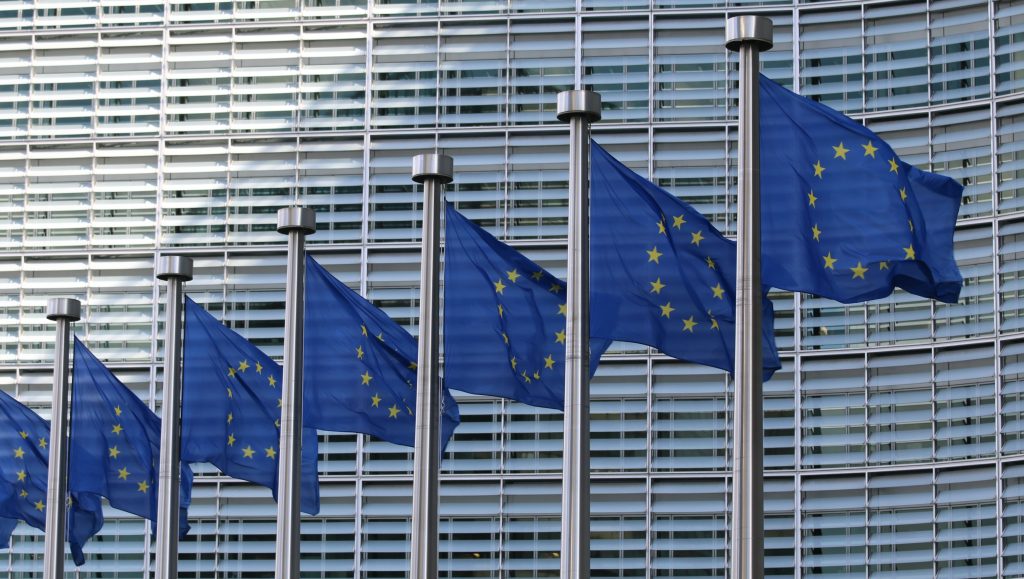
On May 28, hoteliers across Europe issued the latest challenge to Booking.com’s outsized influence in the European hospitality industry.
NB: This is an article from Triptease
Subscribe to our weekly newsletter and stay up to date
Led by umbrella hotel association HOTREC, national hotel associations from more than 25 European countries have announced that they’ll be pursuing collective legal action against Booking.com to claw back unlawful commissions.
Within the past year, the OTA giant has stood against the EU’s Digital Markets Act, Spain’s anti-trust watchdog, and most recently a Swiss ruling that they must reduce their commission rates by nearly 25%. With more and more regulatory bodies attempting to enact change, will Booking.com finally be forced to adjust? Or will it continue sidestepping reform?
What’s the EU collective lawsuit all about?
This collective action by hoteliers is in response to the European Court of Justice’s ruling in September 2024, which reinforced prior pressure from the DMA that had caused Booking.com to remove EU parity clauses in July 2024. It found that Booking.com’s parity clauses had the potential to be anti-competitive, and that they weren’t necessary for the operation of the business. While this ruling made it clear to the OTA that they would need to keep these types of clauses out of their European contracts moving forward, it didn’t address the historic impact that these types of clauses had on hotels and the commissions that they paid out to Booking.com during the long reign of parity clauses in Europe.
HOTREC is hoping to change that. They’re calling out to European hoteliers who were affected by these clauses to register as claimants, which will hopefully result in them gaining back a significant amount of the commissions they paid to the OTA between 2004 and 2024.
Unsurprisingly, Booking.com have already indicated that they’re not going to submit to this lawsuit without a fight. According to a Booking.com spokesperson:
“The ECJ judgement did not conclude that Booking.com’s price parity clauses were anti-competitive or that they influenced competition (and this can be clearly seen in paragraph 92 of their ruling). So, this ruling does not open the door to damage claims, and we will continue to show that parity clauses do not have an anti-competitive effect in court if needed.”
Booking.com will be fighting back – and we’re curious to see what the outcome will be.
The recent Swiss ruling: A simple directive?
Switzerland’s most recent ruling against Booking.com is based on the conclusion that the fees it charges to hotels are “abusively high”. They’ve made this decision after “intensive negotiations” failed, and have given the OTA giant three months to comply with the ruling – which will be in effect for at least three years – by reducing their commission rate for Swiss hotels by nearly 25%. Booking.com have rejected this directive and plan to appeal the decision. Their biggest justification? That their service is “entirely optional”.




